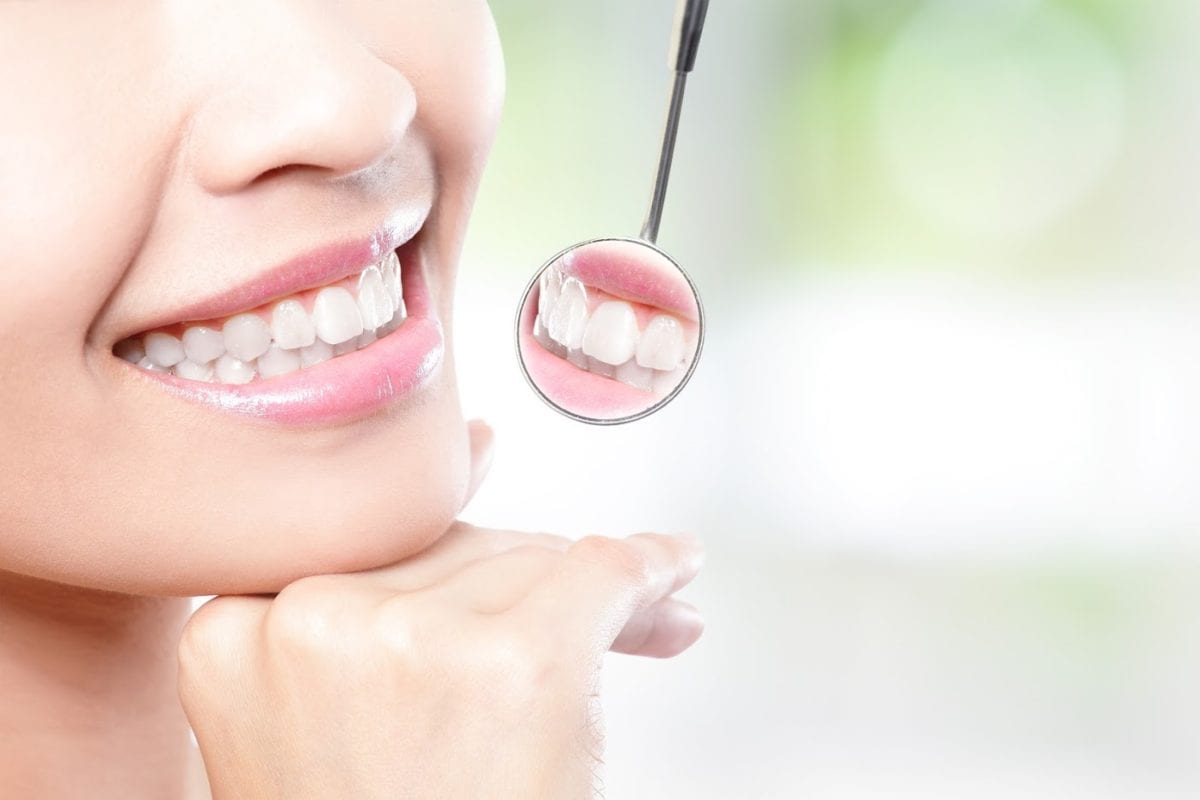Gum Disease Risk Factors And What You Can Do About Them

Gum disease, or periodontal disease, is a serious dental condition. If your gums get infected and you don’t get them treated, this disease can damage the bone that supports your teeth. This damage leads to tooth loss and the possible need for dentures or implants. The main cause of gum disease is plaque buildup, but other risk factors can increase your chances of getting the disease.
Age
The older you get, the more likely you are to develop gum disease. Just under half of people 30 and older have gum disease, and 70 percent of people 65 years and older are diagnosed with gum disease, according to the Centers for Disease Control and Prevention.
While you can’t stop the aging process, you can make sure that you don’t neglect regular dental care as you age. Be sure to schedule a dentist appointment for an examination and cleaning at least once every six months. Gum disease can be treated and cured, especially if it’s caught in the early stages.
Poor Oral Hygiene
Inadequate oral hygiene is one of the biggest risk factors for gum disease, and it’s one you can control. Ideally, you should brush your teeth after every meal or snack. When that isn’t possible, make sure to brush at least twice daily. Don’t forget to brush the roof of your mouth and your tongue as well to get rid of all of the bacteria in your mouth.
Consider an electric toothbrush with a round head for more cleaning power, especially if your dentist has told you that you have a lot of plaque buildup on your teeth, or you’ve been diagnosed with gingivitis.
Don’t neglect to floss until it’s time to see the dentist or you have something stuck in your teeth. Use floss every time you brush to prevent plaque from building up between your teeth where your toothbrush can’t reach. Use an anti-gingivitis mouthwash for extra protection, and visit your dentist regularly.
Clean your dentures at least once a day if you wear them. Never put dirty dentures in your mouth. The bacteria on them sitting against your gums can lead to gum disease and other infections.
Tobacco Use
Smoking or chewing tobacco doubles the risk of gum disease compared to someone who doesn’t use tobacco, according to the Centers for Disease Control and Prevention. Tobacco lowers your body’s ability to fight off infection and makes it much harder for your gums to heal if you have gingivitis or periodontal disease.
The more tobacco you use and the longer you use it, the greater your risk of gum disease and many other health problems.
Stop smoking and don’t use tobacco in any form to reduce your risk. Seek help from your doctor if you’ve tried to quit on your own without success.
Diabetes
People who have diabetes are much more likely to develop gum problems, including gum disease, which affects 22 percent of diabetes patients, according to the American Dental Association.
Eat a healthy diet and exercise regularly to help keep your weight under control to lower your risk of type 2 diabetes. If you have diabetes, focus on controlling your blood sugar levels by checking your blood sugar levels often, eating a low-carb diet, and taking your medications as prescribed.
Gum disease can also raise your blood sugar levels, so it’s even more important to take care of your gums if you’re at risk for type 2 diabetes or gestational diabetes. If you already have diabetes, preventing gum disease can lower your risk of serious diabetes-related complications, including kidney disease and heart attacks.
If you need dental care for your gums, come to Accent Dental. Accent Dental serves patients throughout Porter County, including Chesterton, Portage, Valparaiso, and Hebron. We also serve walk-in and emergency patients. Contact us today to make an appointment.

